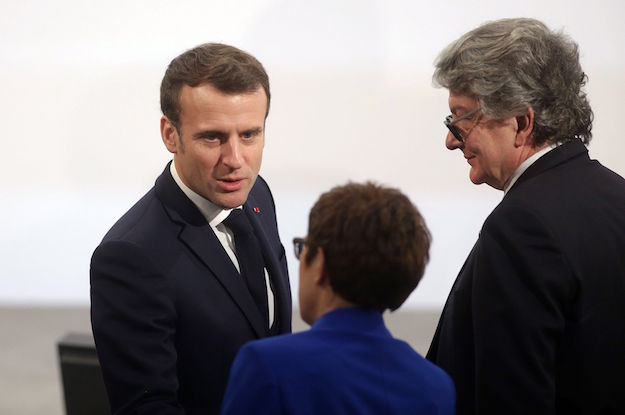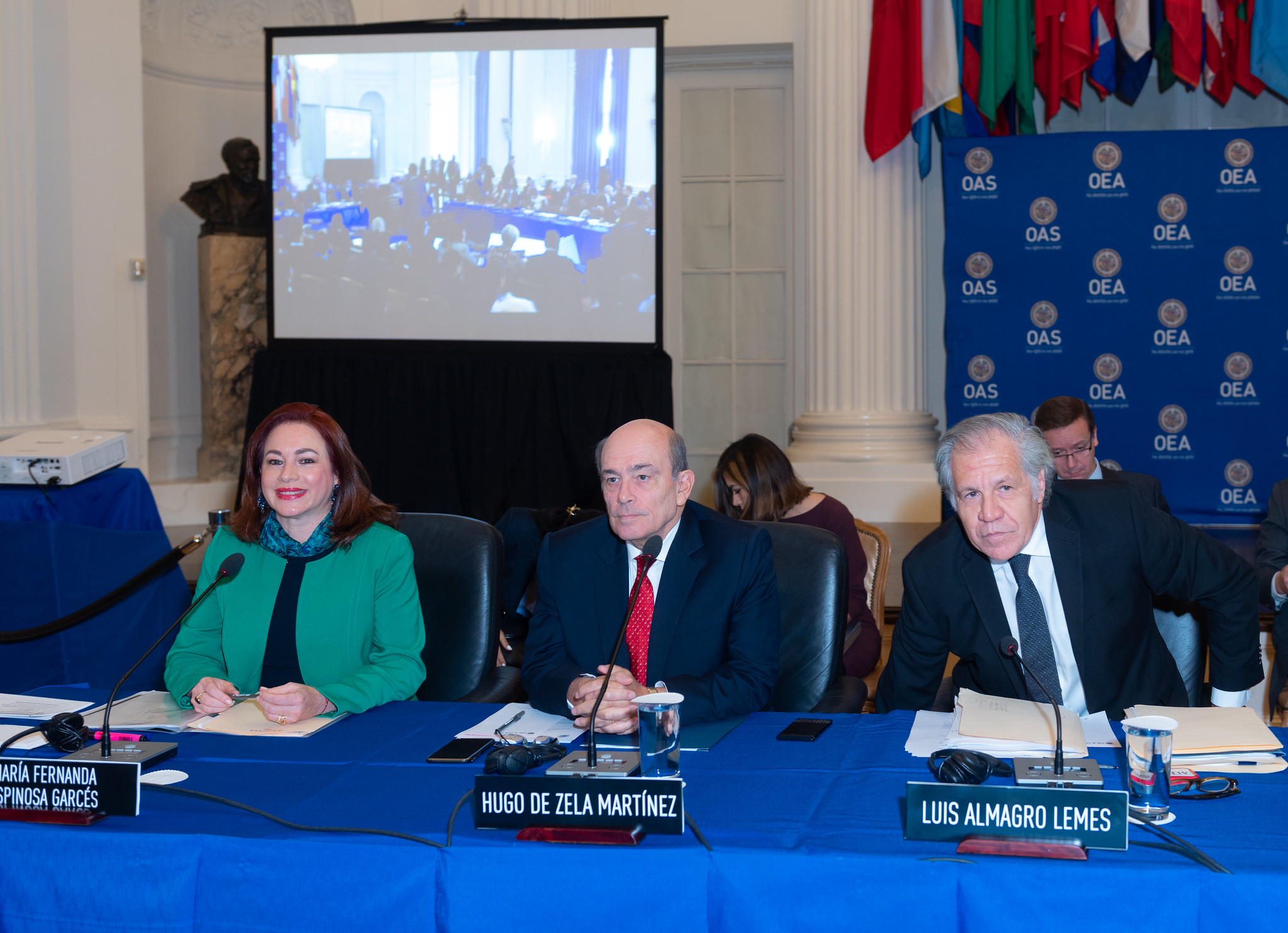Yet again, South America was largely absent from this month’s Munich Security Conference, which every year convenes heads of state and ministers from around the world to discuss urgent geopolitical challenges. Of the world’s top ten economies, Brazil was the only one without a single policy maker in Munich. The U.S., meanwhile, sent 40 current and former lawmakers across the Atlantic — including heavyweights Nancy Pelosi, John Kerry, Mitt Romney, Lindsey Graham — as well as U.S. Secretary of State Mike Pompeo and Defense Secretary Mike Esper.
The absence at the same time illustrates and reinforces South America’s marginalized status in the world of high politics. This is bad for everyone. It reduces South American policymakers’ ability to anticipate, shape and adapt to global developments. And for the other participants, it precludes a deeper understanding of critical global issues that directly involve South America — particularly climate change and migration, which were at the center of debates in Munich.
The conference is a venue for backroom diplomacy and negotiations, with several international crises being discussed. This year, for example, the leaders of Azerbaijan and Armenia used the meeting in Munich to meet in public for the first time to discuss the three-decade conflict in Nagorno-Karabakh. The summit is also a platform for global agenda setting, and saw vivid debates involving Facebook’s Mark Zuckerberg, France’s Emmanuel Macron, the President of the EU Commission Ursula von der Leyen and China’s Foreign Minister Wang Yi about topics such as technology and the future of democracy, 5G, climate change and the global implications of COVID-19 (coronavirus).
South American policymakers’ absence also deprives them of the opportunity to establish global networks — particularly important since most leaders from the region are first-term presidents and have not yet developed extensive global connections. It also increases the risk that the region will be subject to global rules and norms it played little part in shaping, and which are not necessarily to its advantage.
At the same time, the conference itself would become far more relevant for global affairs with an active South American participation. Munich dedicated a lot of attention to the environmental crisis and the security dimensions of migration and refugee crises. Both cannot be adequately addressed without taking South America into consideration. Brazil, home to the world’s largest tropical forest, is central in the fight against climate change. At a dinner on the conference’s first day, leading military from several countries discussed the armed forces’ role in combating climate change, yet not a single general from countries pertaining to the Amazon Cooperation Treaty Organization (ACTO) — Bolivia, Brazil, Colombia, Ecuador, Guyana, Peru, Suriname, and Venezuela — was present.
The same is true vis-à-vis migration. The Venezuelan humanitarian catastrophe has produced the second largest migration crisis in the world, passing 4 million refugees last year. Indeed, if the situation in Venezuela does not improve, the number of displaced Venezuelans may soon even exceed the number of Syrians fleeing the civil war. Yet there was nobody in Munich to tell participants how countries like Colombia and Ecuador were coping, and what kind of international help they need.
Why is South America being ignored in such important debates? One explanation is the absence of interstate war and terrorism – often the most frequently discussed topics in Munich – may have created a perception that policymakers from the region could stay away. Without “traditional” geopolitical threats, South America devotes less attention to the area of international security than, for instance, India. Another reason may be that, over most of the past decades, the region’s armed forces have played only a limited role in politics — and thus may have been reluctant to rub shoulders with global leaders on occasions like the Munich Security Conference, where a striking number of participants appear in uniform.
South America has not always been entirely absent. In 2016, Brazil’s then-Foreign Minister Mauro Vieira traveled to Munich, where he faced questions about the country’s capacity to deal with the Zika virus. Three years earlier, Foreign Minister Antonio Patriota was on the cover of the 2013 post-conference’s online report, and was — along with Joe Biden, Sergey Lavrov and José Manuel Barroso — one of the few mentioned specifically in the executive summary of the discussions. Mexico, meanwhile, represented Latin America by sending a delegation to Munich this year and has been present more frequently during past conferences.
Brazil’s absence is all the more surprising because several of the current government’s key decision-makers are retired or active duty generals, including the vice president, the defense minister, the chief of staff and the secretary of institutional security – the latter being one of the president’s most powerful advisors. Rather than just strengthening the presence of Brazil, both South America and the global security debate would benefit if a larger group of senior officials from Latin America — including from Argentina, Brazil, Chile and Colombia — took a more active role in global security debates.
After all, with the return of great power politics, the emergence of a global tech war and ever greater security implications of climate change, South America will no longer have the luxury of watching global events unfold from the sidelines.








